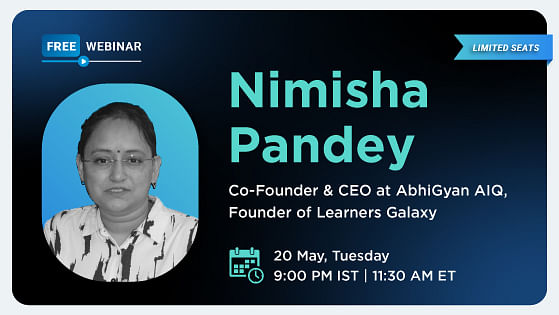HomeResources
Resources
Explore insights, tips, and articles written by experts in a range of professional domains.
 ArticleLast updated on Apr 22, 2025
ArticleLast updated on Apr 22, 2025Top AI and Machine Learning Programs for 2025
 ArticleLast updated on Jul 15, 2024
ArticleLast updated on Jul 15, 2024Is AI Hard to Learn?
 WebinarMay 20, 2025
WebinarMay 20, 2025An AI & ML Course Without the Fluff: Build Skills That Get You Hired
 WebinarMay 21, 2025
WebinarMay 21, 2025How to Score a 35+ out of 40 in Your ITIL 4 Foundation Exam: Tips and Strategies f…
Browse the categories
Data Science & Business Analytics(501)
View All
Key Statistics Interview Questions

Data Science Graduate Programs to Launch Your Career in 2025

Free eBook: Top Programming Languages For A Data Scientist
AI & Machine Learning(457)
View All
New Technology Trends for 2025

New Technology Trends for 2025

Artificial Intelligence Career Guide: A Comprehensive Playbook to Becoming an AI Expert
Project Management(491)
View All
Analytical Questions from Procurement Management Knowledge Area

Best Practices For Preparing a Lessons Learned Document
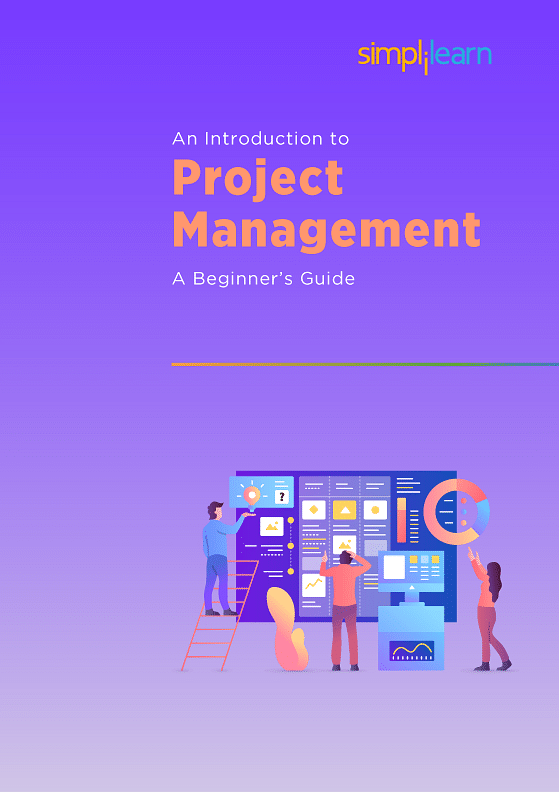
An Introduction to Project Management: A Beginner’s Guide
Cyber Security(296)
View All
Best Cyber Security Books to Read

Your CompTIA Certification Path Revealed: A Roadmap to Cybersecurity Success

Cybersecurity Trends: Where the Industry Is Heading in an Uncertain 2024
Cloud Computing(328)
View All
Azure Administrator Roles and Responsibilities

Cloud Computing Salary: Trends and Predictions for 2025
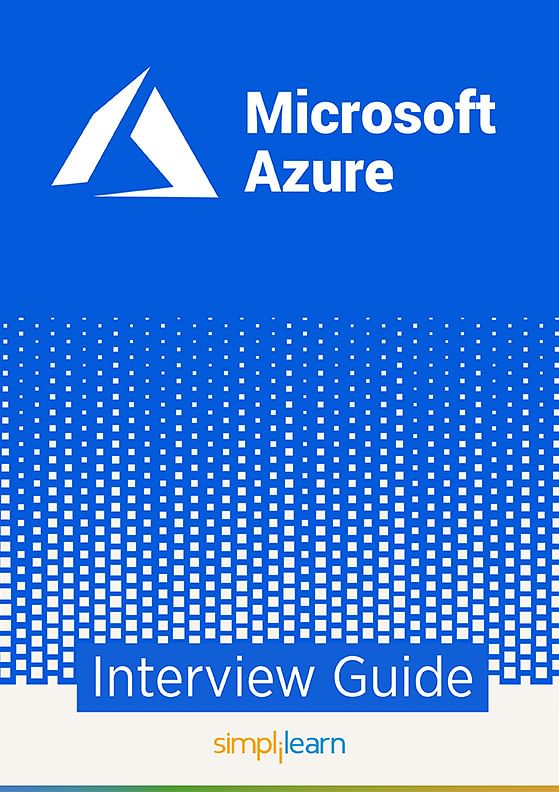
Azure Interview Guide
DevOps(133)
View All
7 Essential DevOps Books You Must Read to Become a DevOps Expert

What are DevOps Projects? Top DevOps Project Ideas
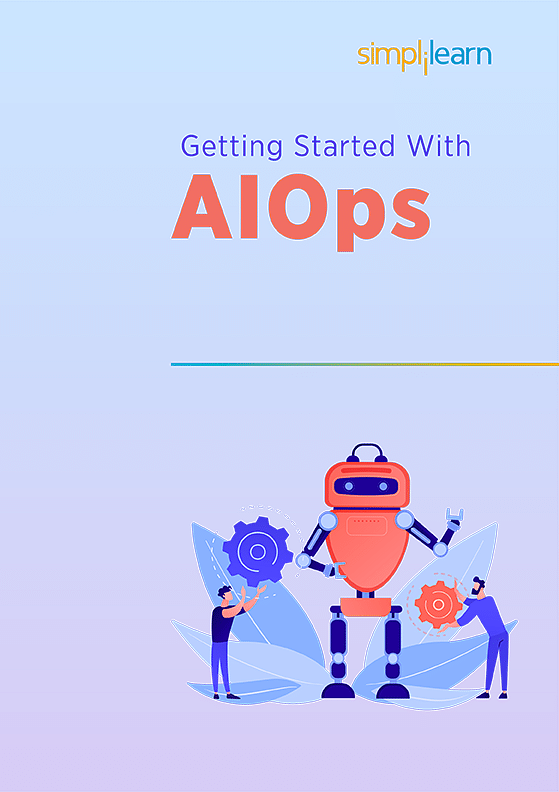
Getting Started With AIOps
Business and Leadership(294)
View All
Top Wireframe Tools Online for Designers

What’s the Difference Between Leadership vs Management?

Skilling for the Digital Economy: A Role-Based Approach
Quality Management(112)
View All
Lean Thinking: Overview, Origins, Basic Principles, Benefits, and Applications Explained
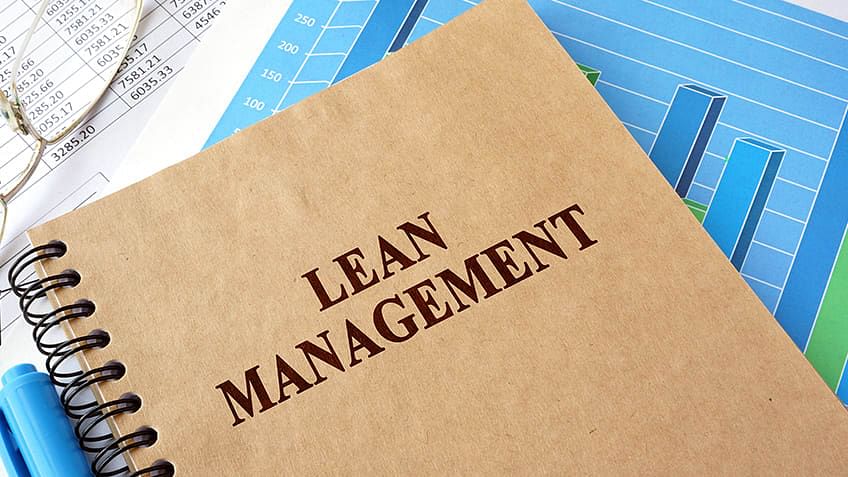
What Is Lean Management?
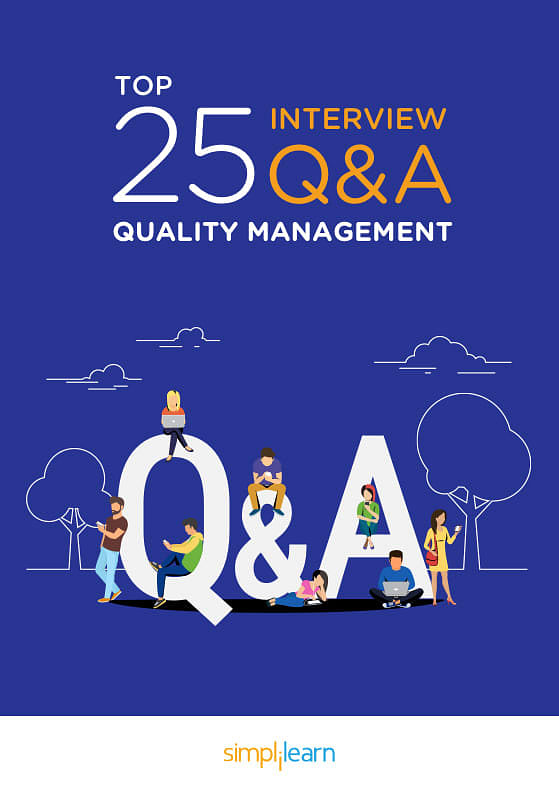
Free eBook: Top 25 Interview Questions and Answers: Quality Management
Software Development(1131)
View All
Java Architect Interview Questions to Land Your Dream Job

What Is BIOS? A Guide for Beginners
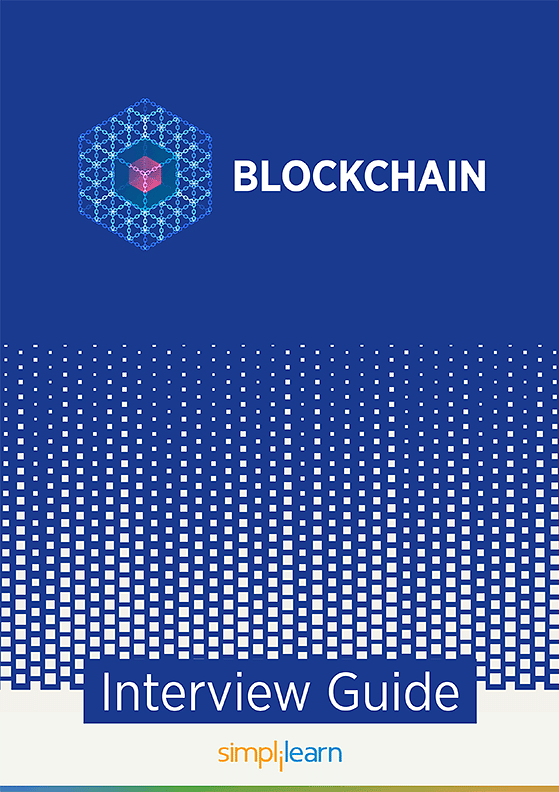
Blockchain Interview Guide
Agile and Scrum(123)
View All
10 Best Agile Certifications for Career Advancement in 2025

How to Conduct an On-target Daily Scrum Meeting

CSM Study Guide: Master Scrum in 48 Hours
IT Service and Architecture(123)
View All![Service Desk Analyst Salary In India Breakdown [2025] Service Desk Analyst Salary In India Breakdown [2025]](https://www.simplilearn.com/ice9/free_resources_article_thumb/service_deskanalystsalary.jpg)
Service Desk Analyst Salary In India Breakdown [2025]

A Guide to IT Salary in India

Role of an Enterprise Architect
Digital Marketing(679)
View All
How to Make the Most of Advertising Spend in 2025

The Impact of Performance Max on Google Ad Campaigns

SEO for Video
Big Data(144)
View All
What Is Data Processing

Top Data Engineering Tools 2025: Unleash Your Potential

Big Data Career Guide: A Comprehensive Playbook to Becoming a Big Data Engineer
Career Fast-track(194)
View All
How to Attract and Retain Women in STEM Careers

Top Recruitment Trends That Are Shaping 2025

The State of Upskilling in 2023
- Acknowledgement
- PMP, PMI, PMBOK, CAPM, PgMP, PfMP, ACP, PBA, RMP, SP, OPM3 and the PMI ATP seal are the registered marks of the Project Management Institute, Inc.

